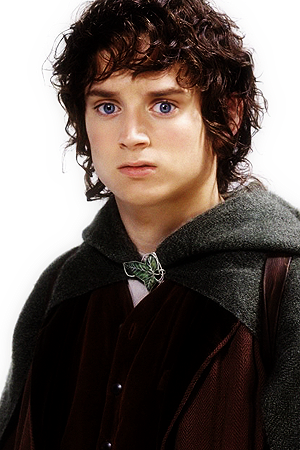

Yes, there are hundreds, thousands of wonderful and iconic soundtracks out there. That’s probably why Shore’s work is so singular. Aragorn’s song during his coronation or Eowyn’s lament at Théodred’s funeral prove the music isn’t just there to beautify the story. He also makes characters interpret songs and poems from Tolkien’s work. He used the different languages created by Tolkien, and he incorporated them in his themes.

Shore was able to translate Tolkien’s writings in a music score. This score perfectly represents the innocent hobbits, forced to leave their home in order to complete this major quest. We can also hear it in The Ring Goes South, when the fellowship leaves Rivendell: the brass picks up the Concerning Hobbits theme and gives it a more noble side, until it finally turns into the iconic score of the fellowship. Frodo and it’s worth fighting for," the score reinforces the sentiment of hope as it reminds the viewer of the Shire. Just as he says, " There is some good in this world Mr.

At the end of The Two Towers, Sam’s monologue ‘’Even darkness must pass’’ is accompanied by a nostalgic, melancholic and slow reprisal of Concerning Hobbits. It is repeated in situations where the darkness seem closer than ever. This leitmotif is extremely important in the trilogy. By doing so, he composed the famous folkloric, peaceful and bubbly theme we all know. In order to create the motif that will represent the charming and warm hobbits, Shore used instruments such as the mandolin, the Celtic harp and the tin whistle. When we first hear it, we are brought into the green and idyllic lands of the Shire. One of the most recurrent themes of the trilogy is Concerning Hobbits.


 0 kommentar(er)
0 kommentar(er)
